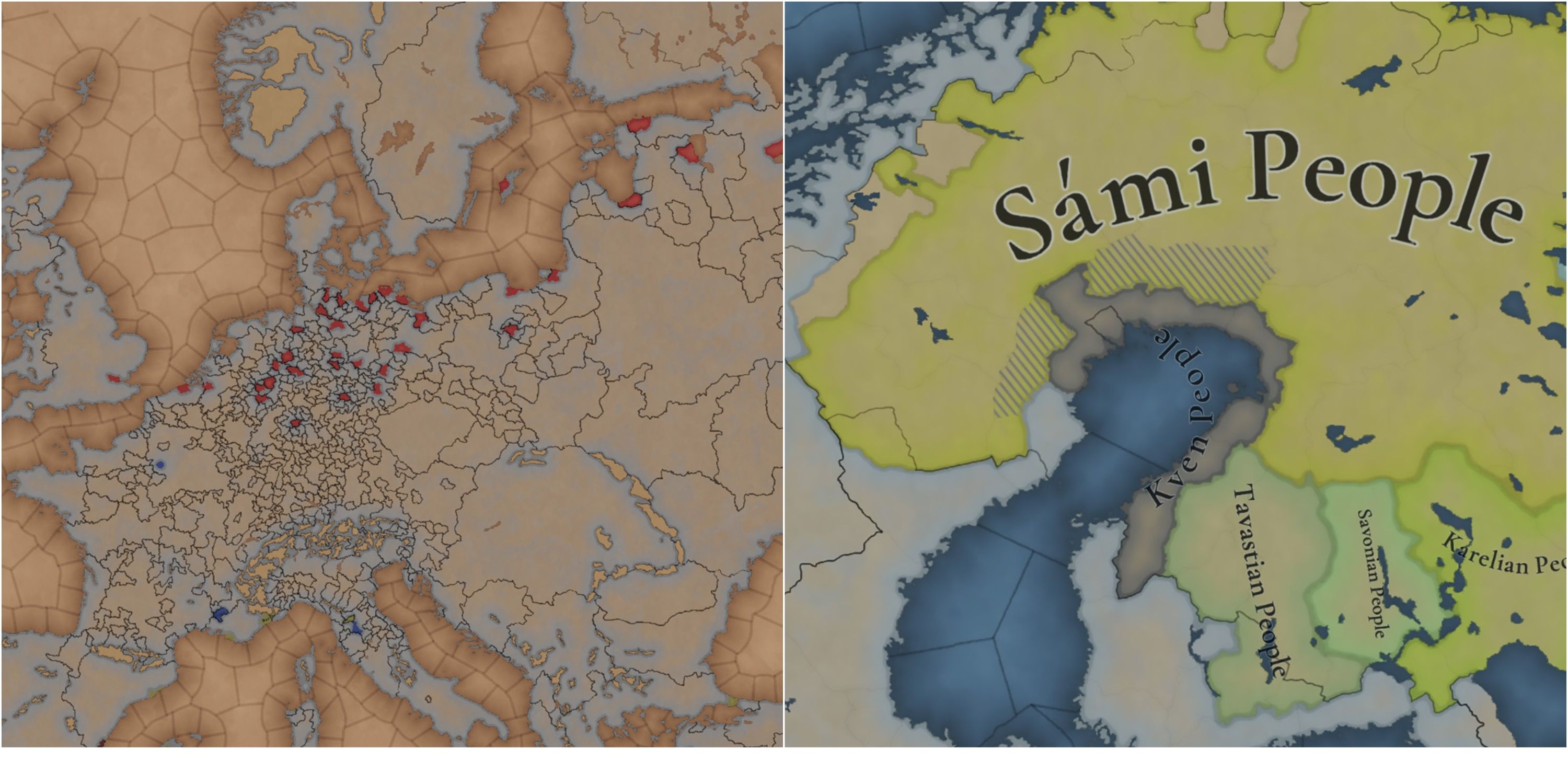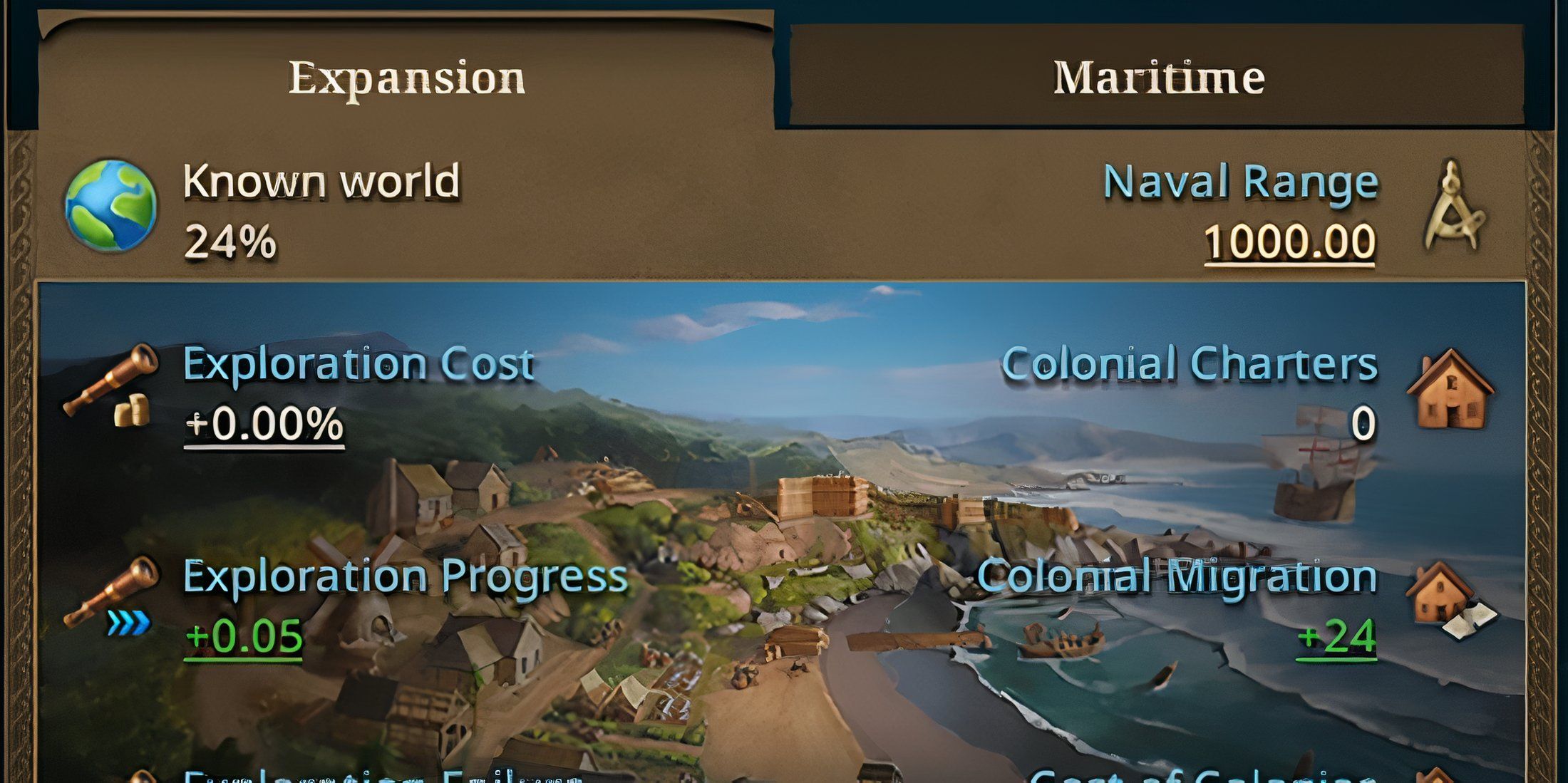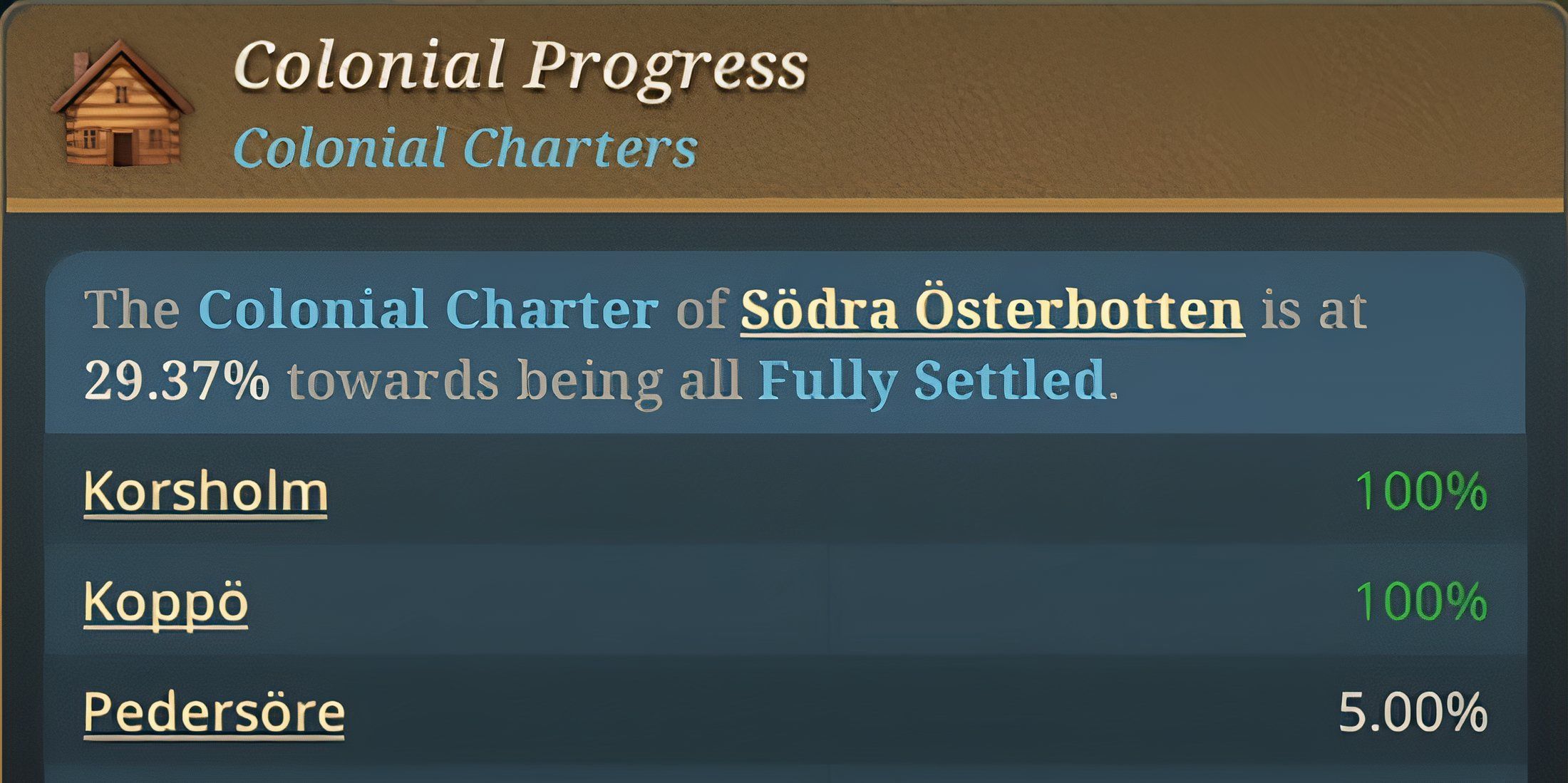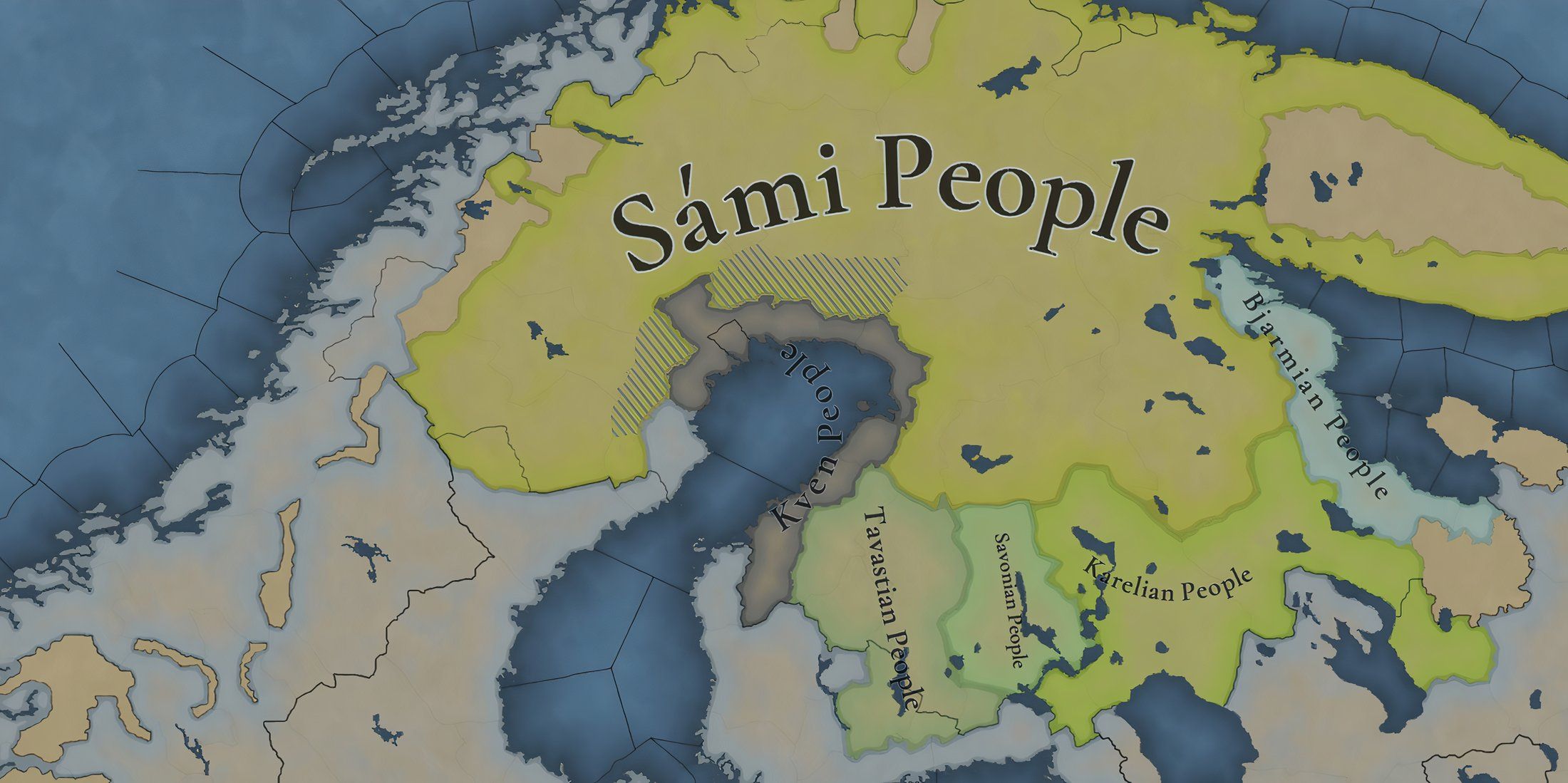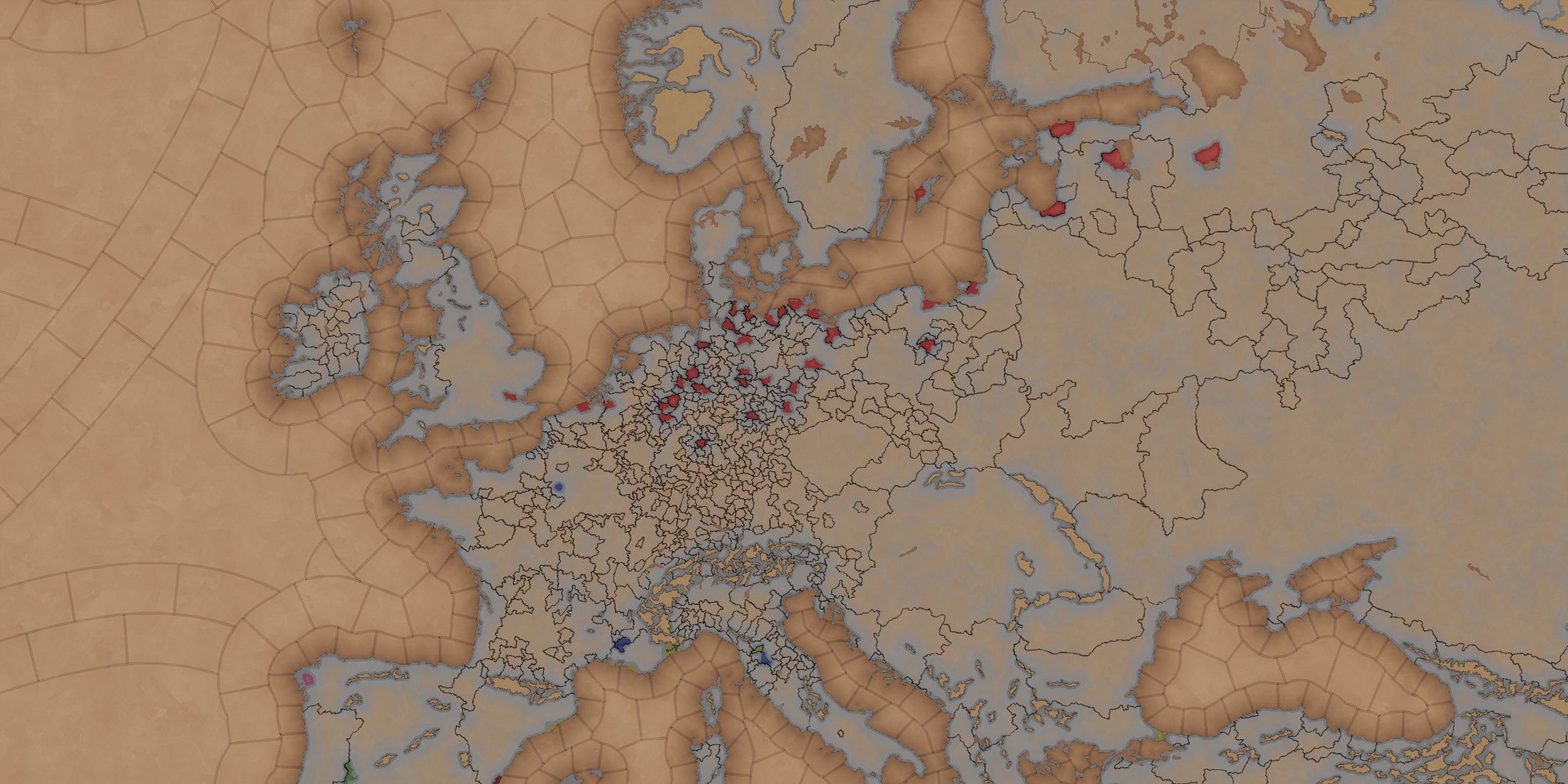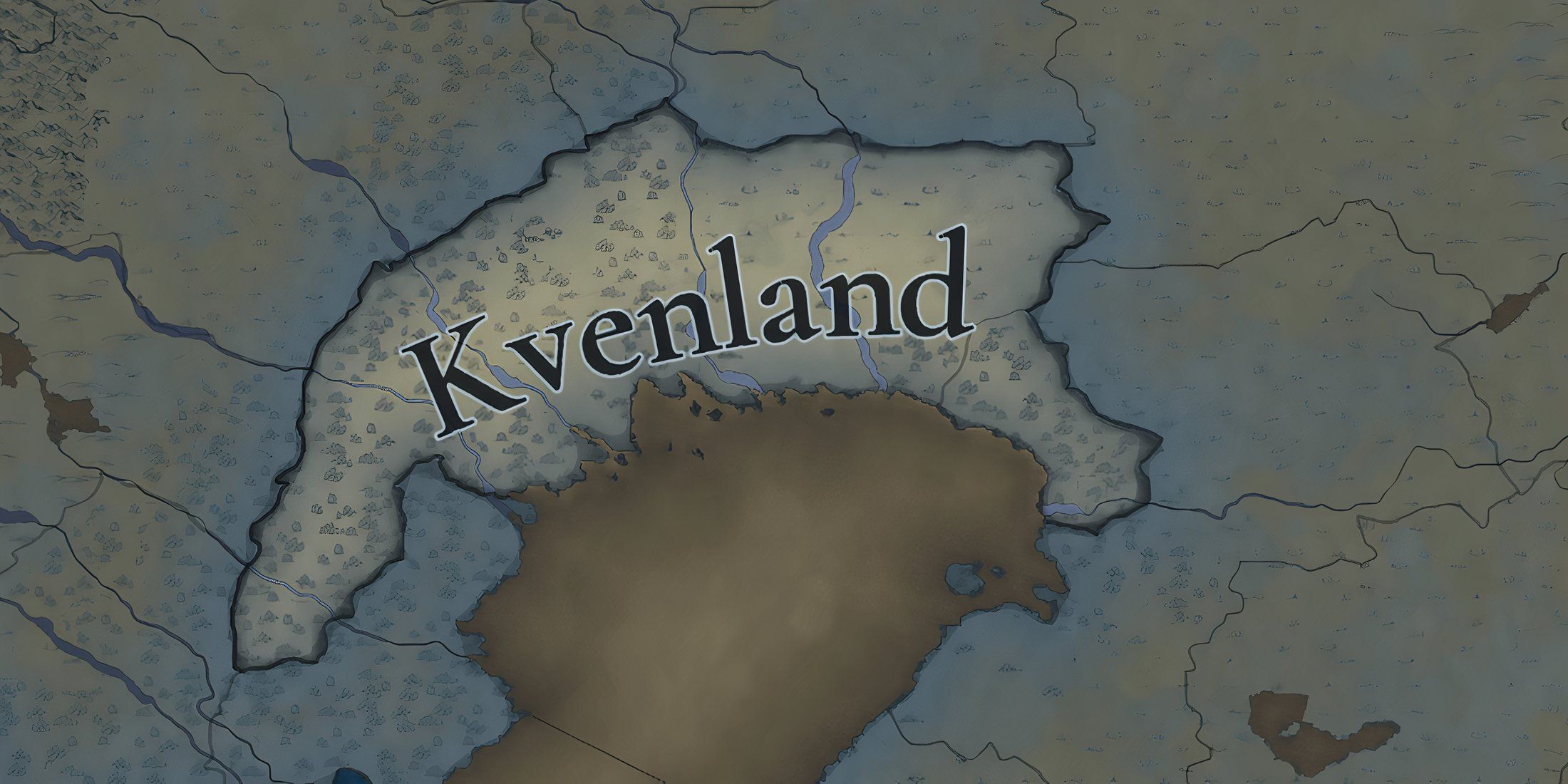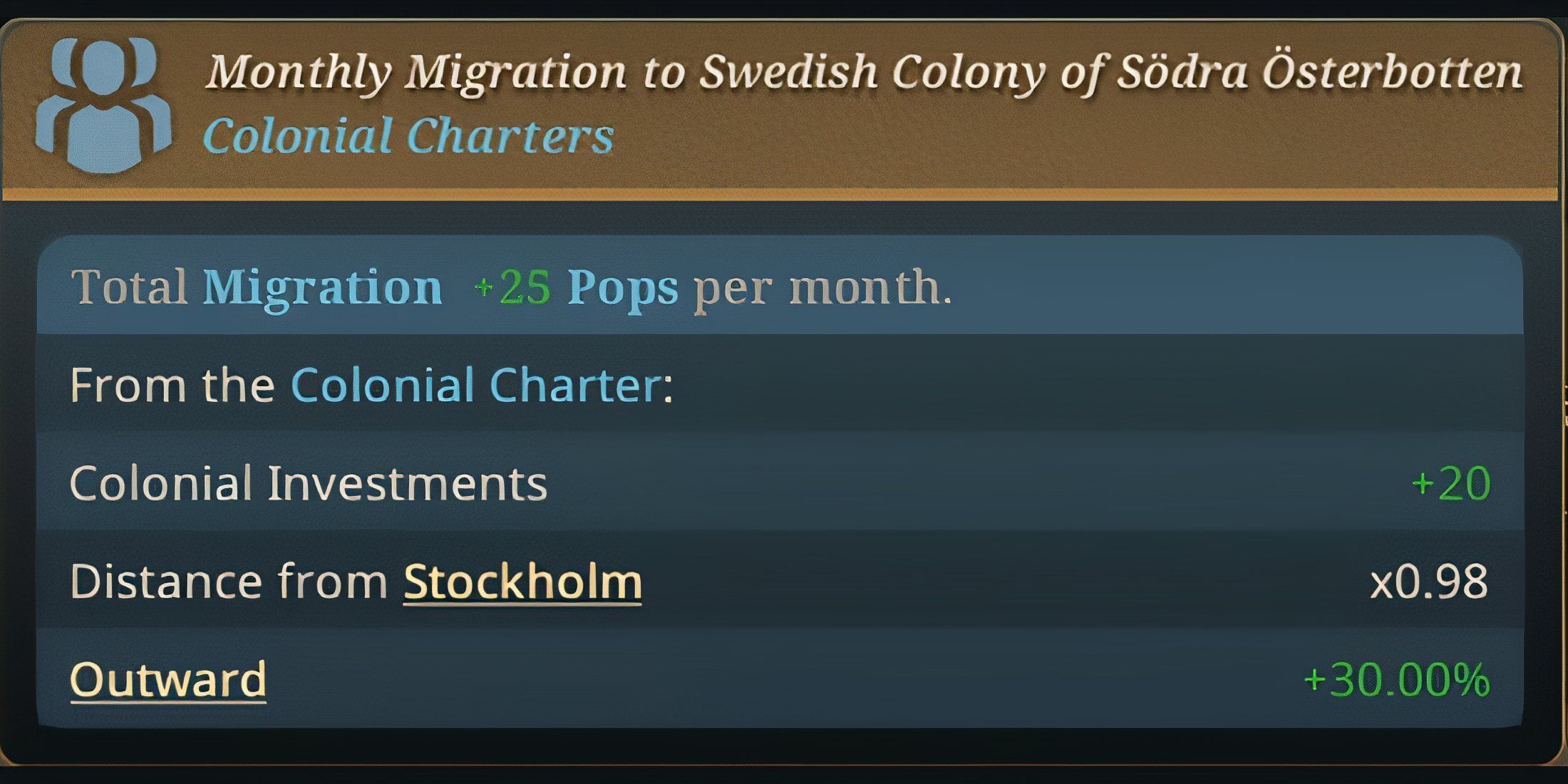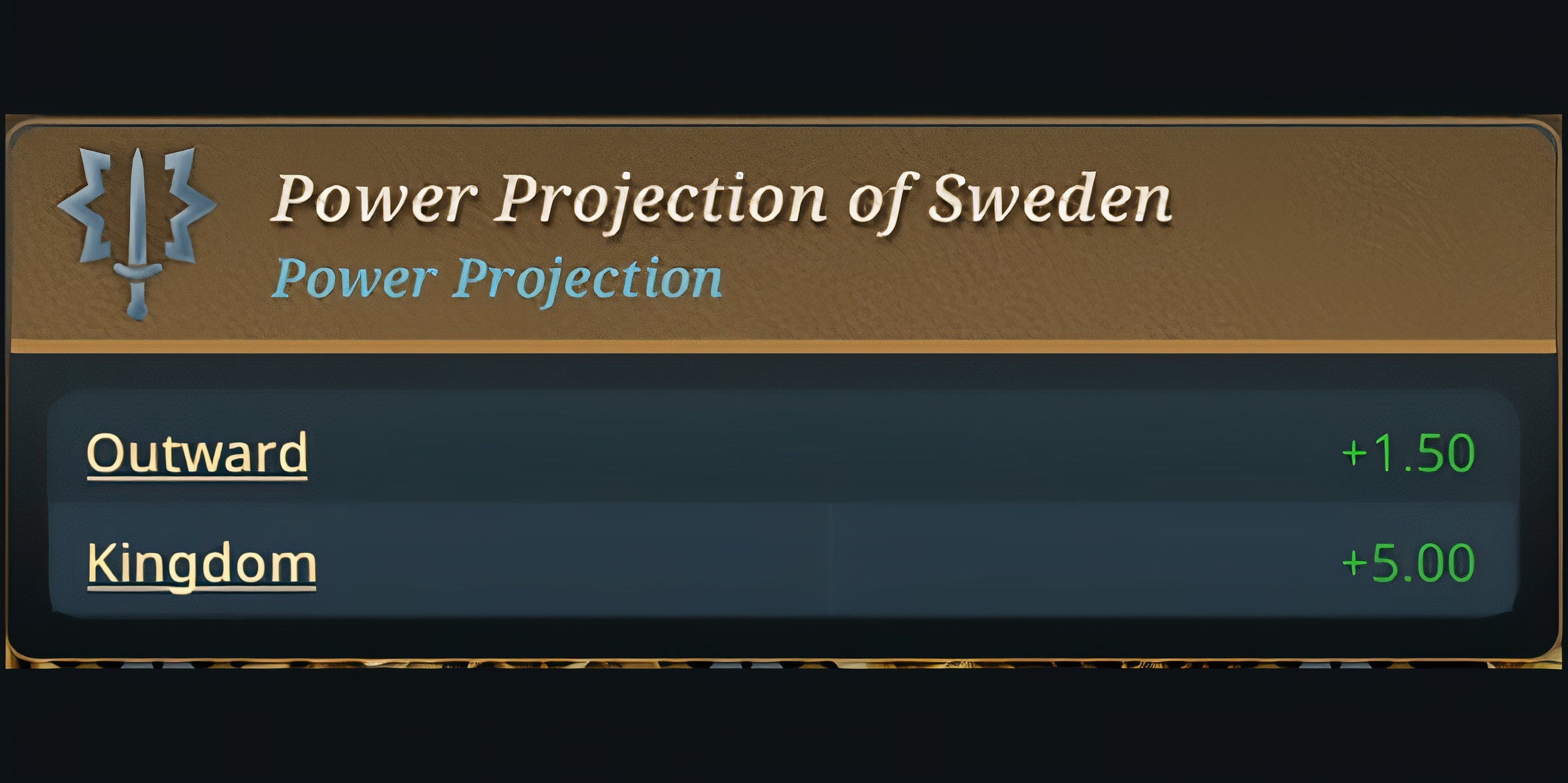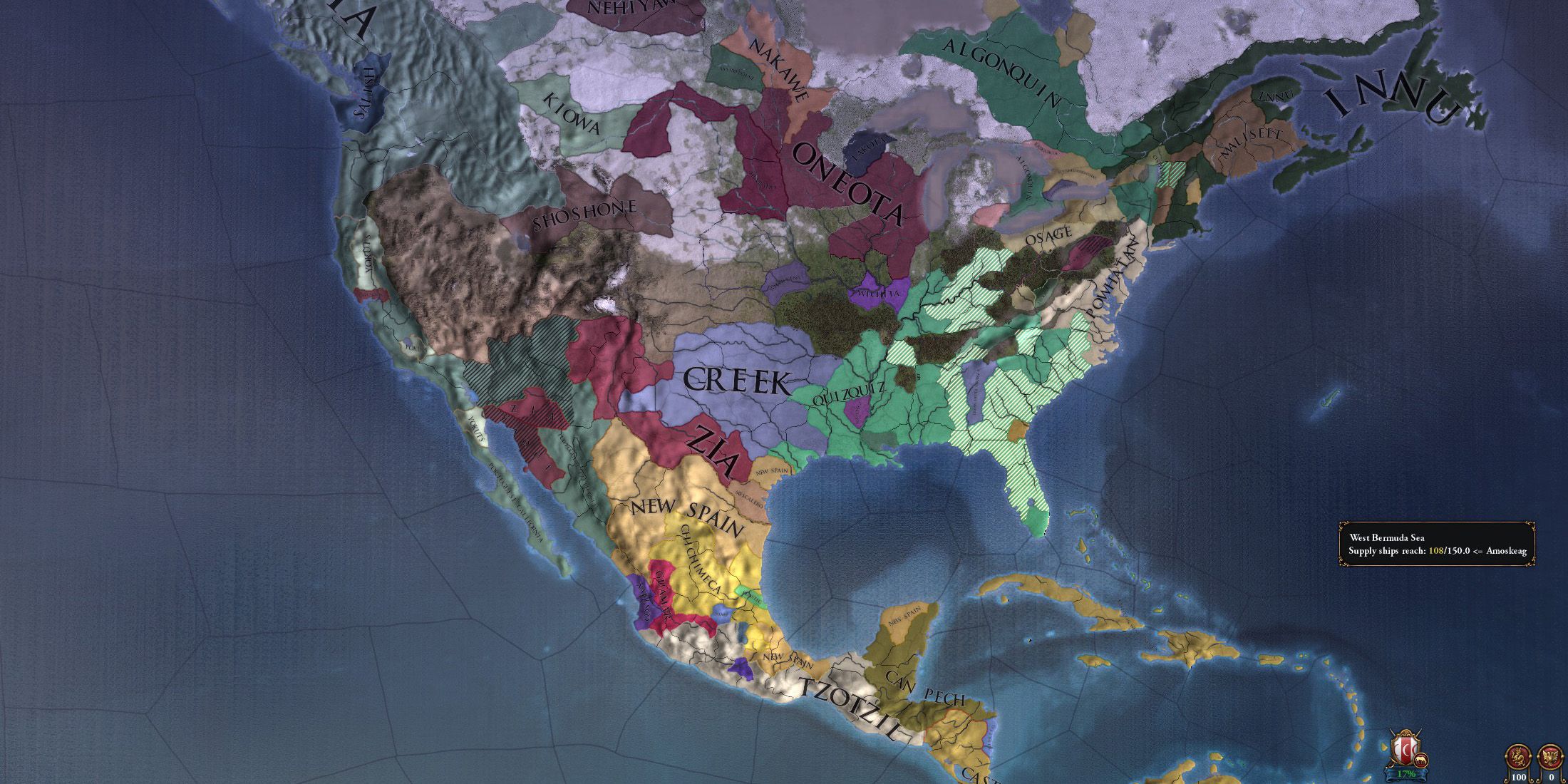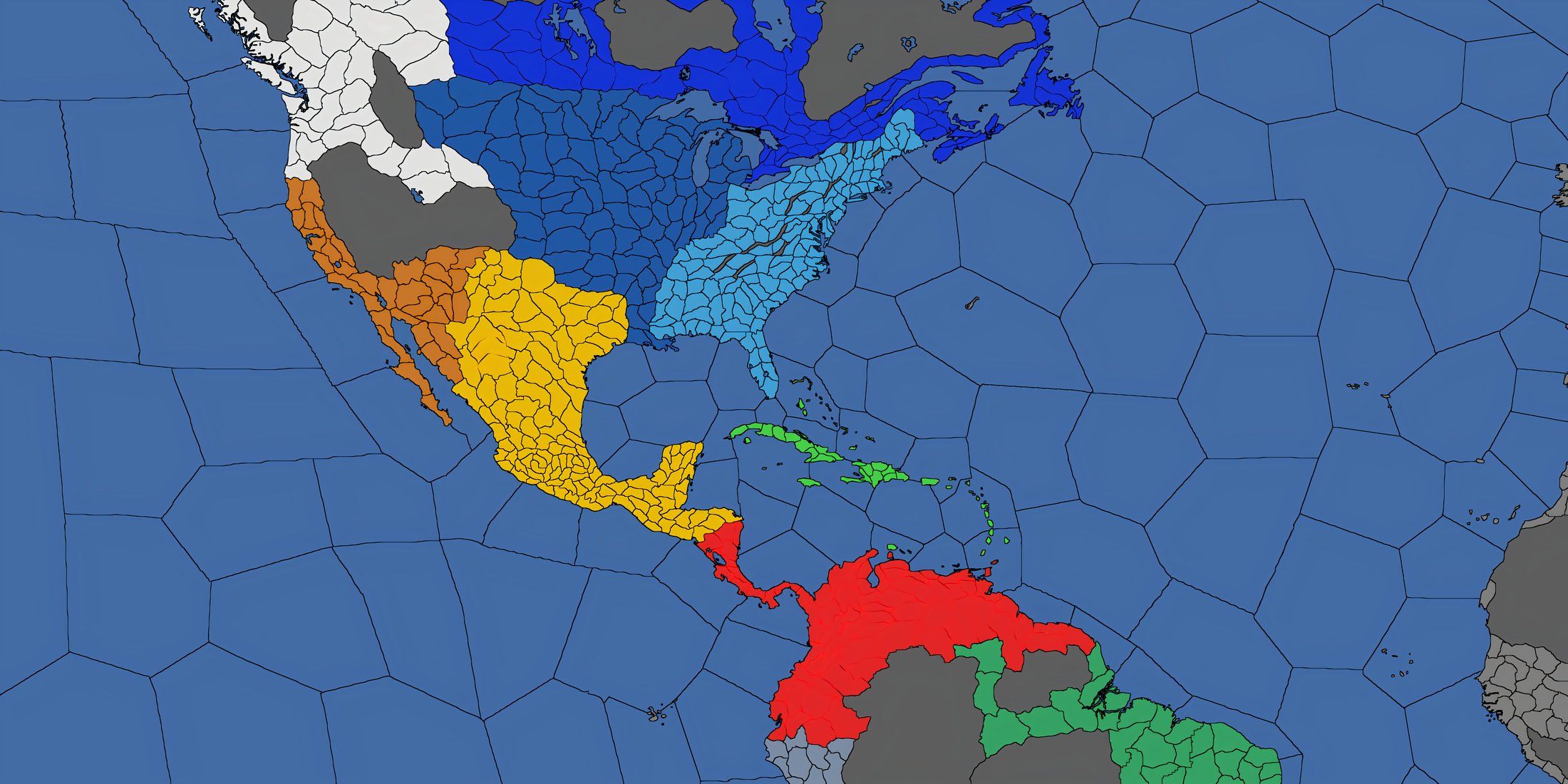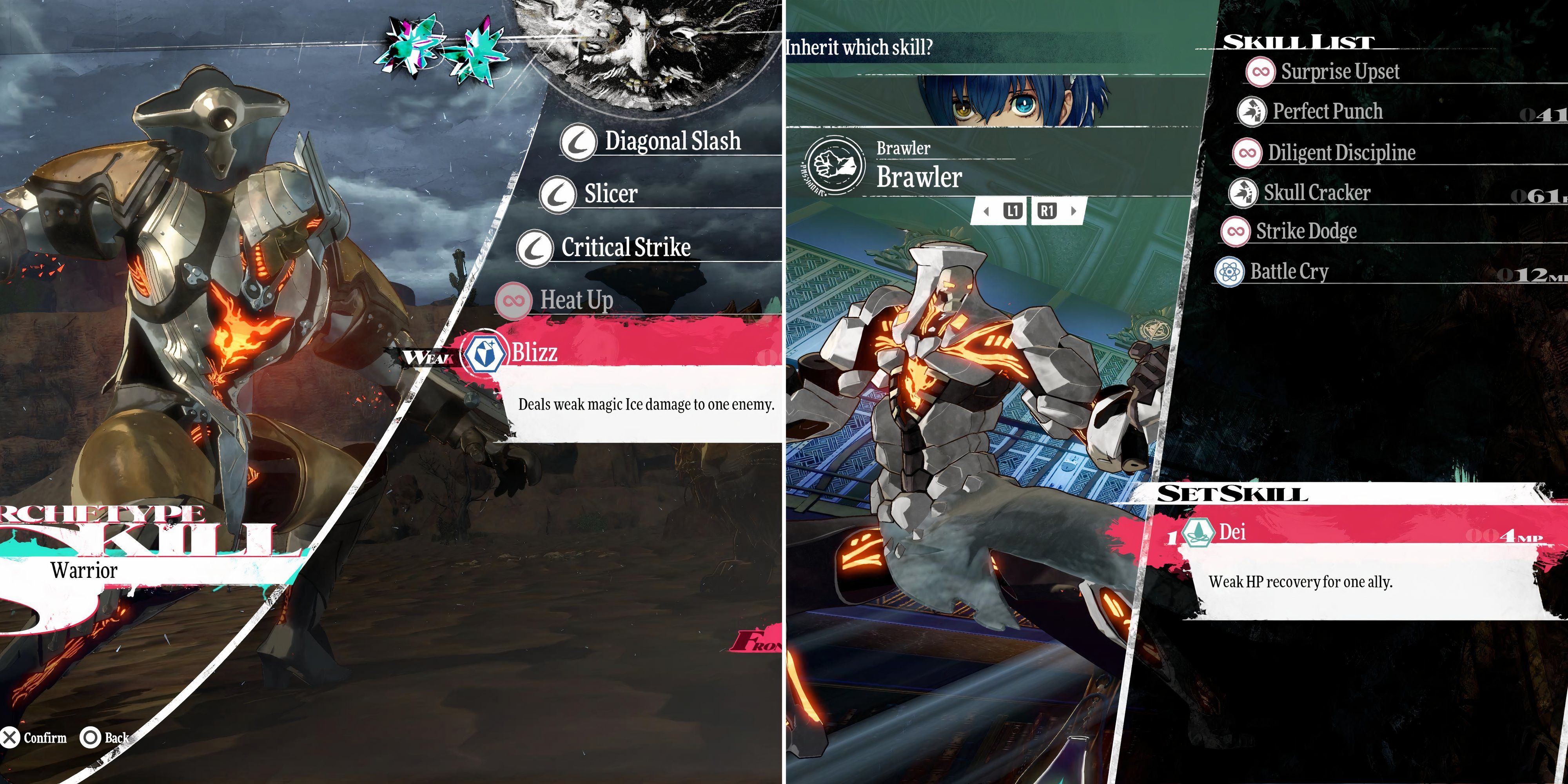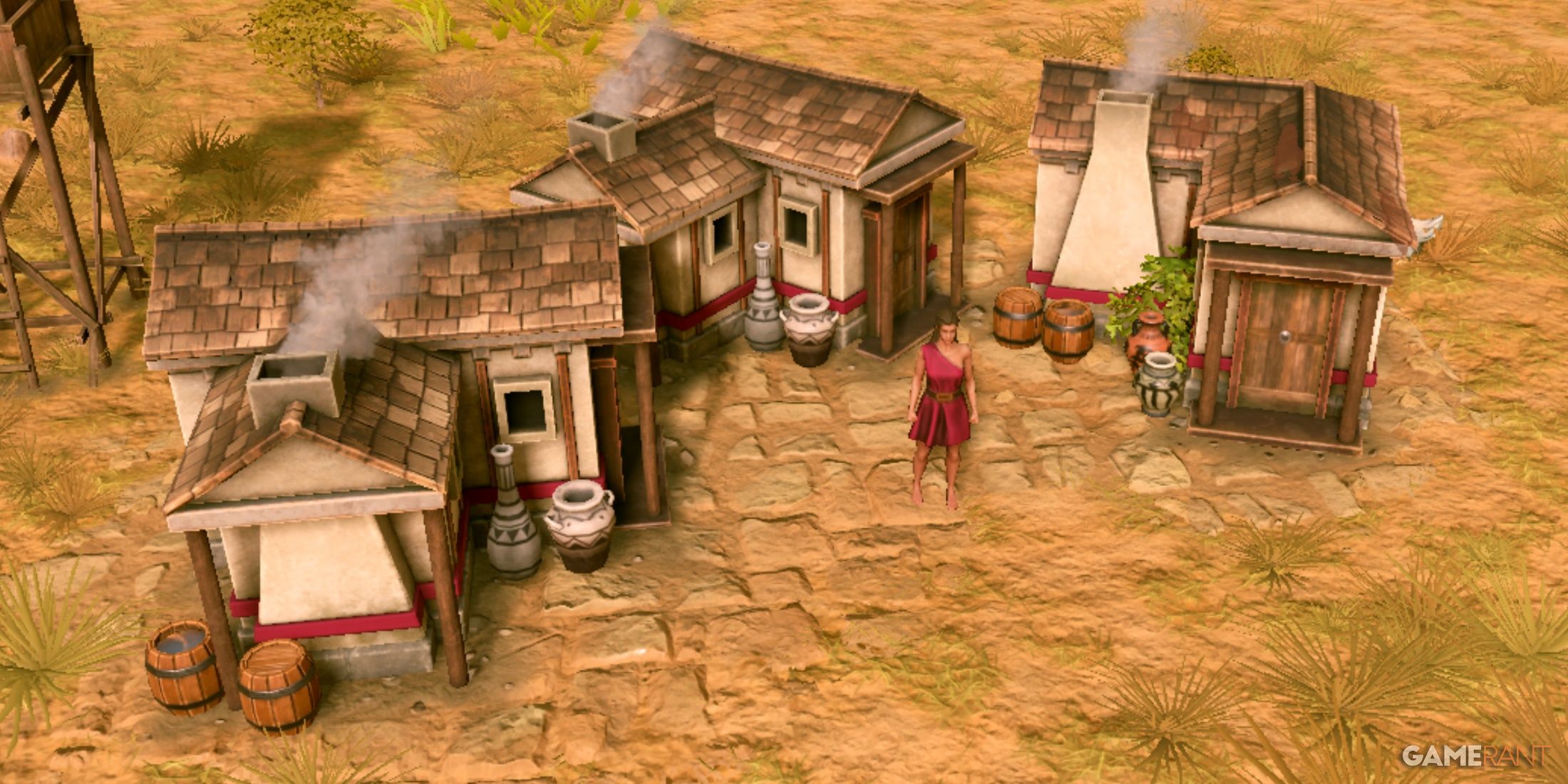Project Caesar, the unofficially announced code name for Paradox Development Studio’s Europa Universalis 5, looks set to be a major game-changer for the franchise, with some almost total reimaginings of how things work in the Renaissance and Early Modern Grand Strategy Game.
Related
10 Ways Europa Universalis 5/Project Caesar Could Improve EU4
Europa Universalis 5, codenamed Project Caesar, has the opportunity to improve a wide range of features left over from EU4.
One area that has seen major changes from previous entries in the franchise is colonization, which has many entirely new systems and many tweaks to old systems. Here are the ten biggest changes to colonization in Europa Universalis 5/Project Caesar.
10 Exploration Missions
Can’t Own What You Can’t See
There are all new exploration missions with some major changes from how it works in EU4. Players will still need to use explorers, but the system is different and relies on different parts of the new map to function. Exploration missions will have a chance to fail, with the deaths of all involved.
All explorers bring their own skills and traits with modifiers to the missions, and the hope is that the new system is more engaging than the old point-and-click system based on colonial distances.
9 Colonial Charters
Charters Make Colonies Happen
Colonization in Project Caesar requires quite a few more things to happen than in EU4, where it’s essentially just the click of a button. In order to colonize any provinces in a particular colonial region players must first designate a colonial charter. Colonial charters will have a one-time gold cost to establish, and will then drain pops from other provinces until it’s fully colonized.
8 Colonization Treaties
It’s Only Sometimes A Free-for-All
Project Caesar brings new restrictions on colonization to the table in the form of diplomatic treaties. Some areas which can be colonized are restricted by existing treaties or claims such as in Finland and northern Scandinavia, whereas others will have dynamic systems in place to create new areas and regions which are blocked off from colonization.
There is also a new Treaty of Tordesillas system to split the New World in two.
Trade Companies Get A Glow-Up
For a first in the franchise, Project Caesar has several types of countries that don’t focus on owning land. Instead, these countries have different ways of interacting with the game. One such country type is that of Extraterritorial Countries, which are countries that don’t own land directly but instead own buildings on land owned by other countries.
Trade Companies are a core part of the EU4 gameplay, and they do return in EU5, but as new Extraterritorial Countries. There is currently little known about Trade Companies in EU5 but it’s likely that they’ll play out very differently from those in EU4, and will have great boosts to trading power.
6 Societies of Pops
No Flag, But A Country
Societies of Pops are an interesting mechanic because they model countries or groups of people that weren’t based around land-owning concepts with a defined state or state apparatus. These countries can move by moving their pops along with them and can settle if certain conditions are met.
Societies of Pops come into conflict with colonizers, sometimes even winning wars against them to force the colonizers out. Although Societies of Pops are planned to be playable, devs have noted that unless they can get them working better, they’ll be AI-only at launch. Still, this is an interesting addition to the series with some brand new mechanics to frustrate colonizers’ ambitions.
5 Move Pops Manually
It’s No Longer A Waiting Game
Colonies can only grow in EU5 through the migration of existing pops. Fortunately, there are some things players can do to speed this up, including manually moving pops through the Support Colonial Charter action. The Support Colonial Charter action depends on as-yet-unannounced capacities and modifiers, but the devs suggest the rate of migration can be doubled in certain scenarios.
Apparently, 100 pops can be moved from existing provinces to colonies each month. This is nice because it allows players to direct migration to more important colonies instead of relying on pops’ own choices.
4 Power Projection Matters
More PP = Better Colonies
Unlike in Europa Universalis 4, Power Projection matters for colonization in Project Caesar. Countries with a poor Power Projection will be at a disadvantage when it comes to taking provinces through colonization, as their progress may be stolen by countries with a larger PP. This means that larger, more populous countries with a more effective military, navy, and more advances technologies will be able to bully smaller countries without such a good PP.
This will make the colonial game much more difficult for smaller nations, but not impossible, as apparently PP is determined by a complex set of factors and is nowhere near as simple or “gamey” as in EU4.
3 Colonization by Multiple Countries
Fight For Your Land
In Europa Universalis 4, colonies can be taken and only colonized by a single country at a time. This is a great way to block off other countries from expansion. Unfortunately, this tactic won’t be possible in Project Caesar as multiple countries can colonize a province at the same time.
Who eventually gets to own the province is complicated and is related to Power Projection and the culture, religion, and number of pops owned by a given country in the province. This is an entirely new form of colonial gameplay and is sure to introduce some new ways to play.
2 Variable Size for Colonial Nations
Five Provinces Is No Longer the Minimum
Unlike in Europa Universalis 4, Colonial Nations in Europa Universalis 5 will be of variable sizes depending on what the player chooses to do. Colonial Nations can be made up of only one province or can be made out of many provinces depending on whether the player chooses to add the colonial provinces to them.
Unlike in EU4, players will be able to retain ownership of colonial provinces – assuming they have enough control over the region to benefit from it.
1 Colonization Requires Existing Pops
No More Limitless Colonization
In Europa Universalis 4, colonies grow gradually at set rates and do not take pops or manpower from anywhere else in the country. This is completely different in EU5, where pops are not created out of thin air. Pops must first grow, either through population growth or migration.
This is more realistic, but it’s also a major change, as in EU4, small nations can colonize vast areas around the world to become large nations. In EU5, colonization will be limited by the available pops. If a pop doesn’t exist it can’t migrate, and no migration means no colonial growth.
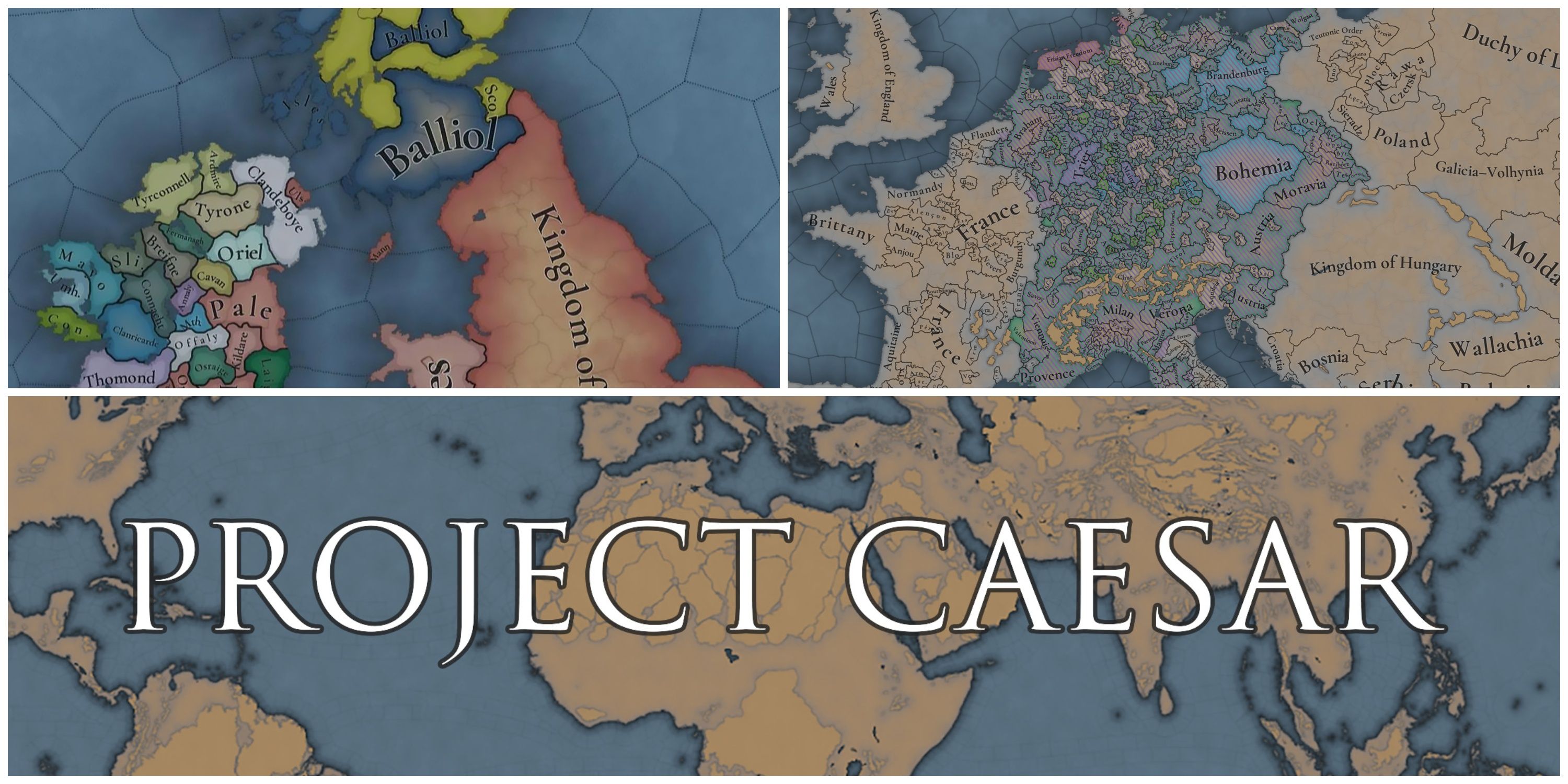
More
Europa Universalis 5/Project Caesar: 10 New Nations Revealed in Dev Diaries
Europa Universalis 5 (also known as Project Caesar) is introducing several new nations. Here are some noteworthy ones to get excited about.


